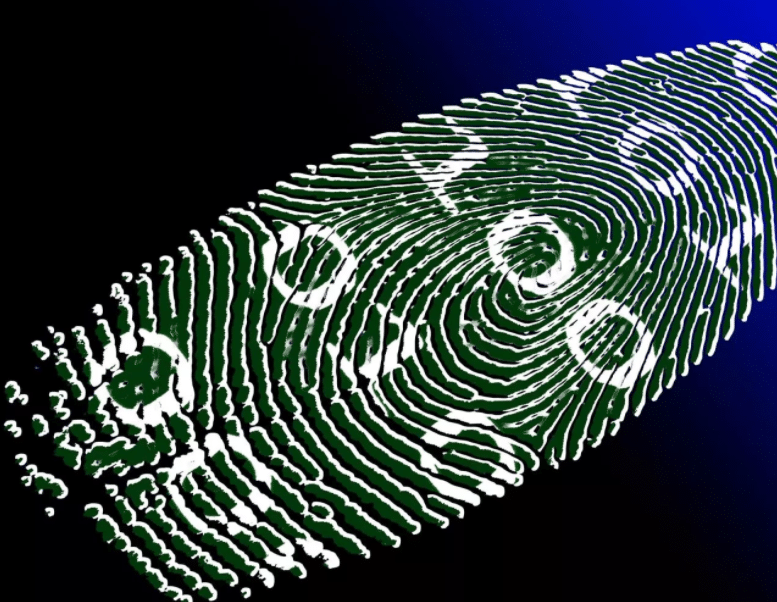
The growing import of ICTs and data generate new ethical questions for humanitarians. The use of mobiles, biometric devices, wearables or drones to collect information about beneficiaries, and new partnerships with the private sector, increasingly shape emergency responses.
Humanitarians and policy makers have not fully identified or grabbled with the emergent ethical challenges with respect to how new technologies produce data about beneficiaries (such as digital templates of fingerprints and the iris, or real-time information about bodily functions) and the distribution of aid (information apps, blockchain, wearables). Challenges arise from technology implementation in emergency contexts, cybersecurity threats, profit motifs, experimental practices and the securitisation of humanitarian data.
This multi-disciplinary, qualitative project provides a conceptual and empirical basis for addressing these questions, incorporating a responsible research and innovation perspective. The objective is to engage all stakeholders in a conversation about how ethical humanitarian innovation can contribute to realise the SDGs in an accountable manner.